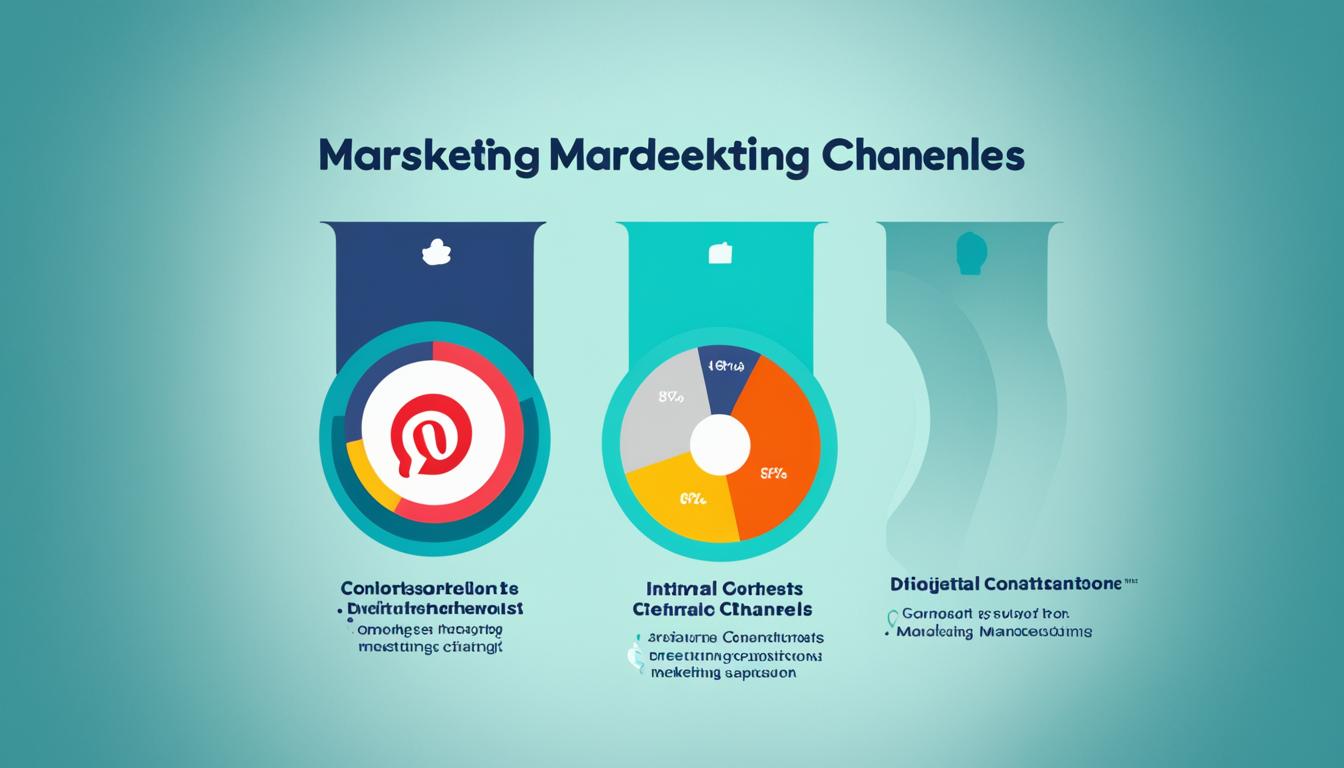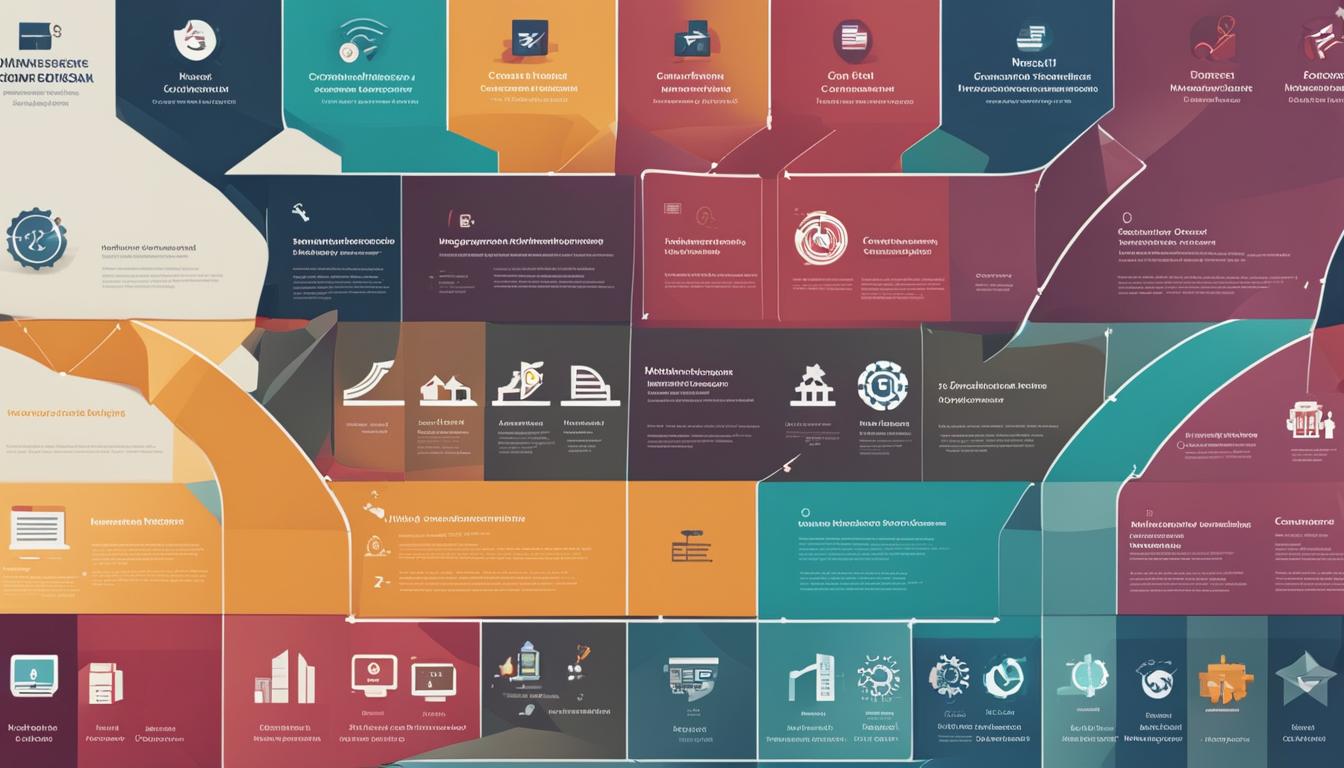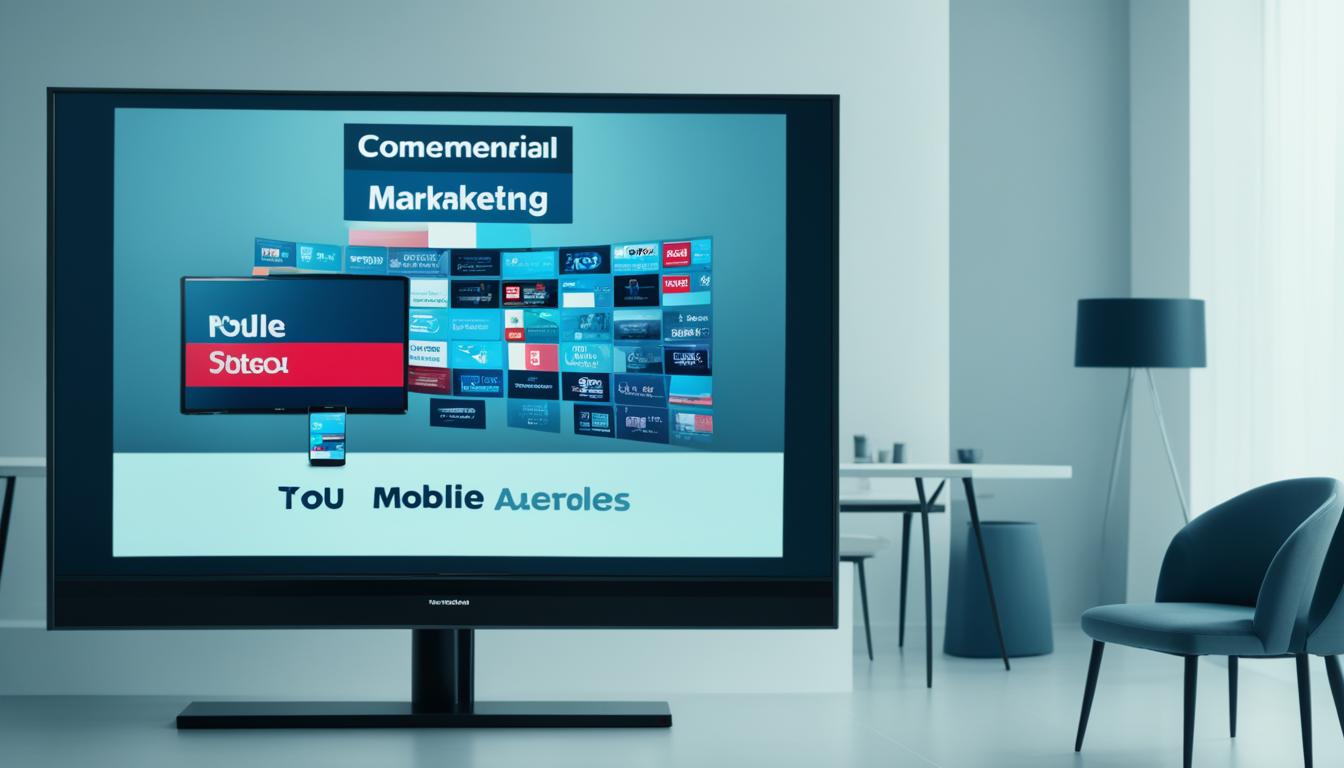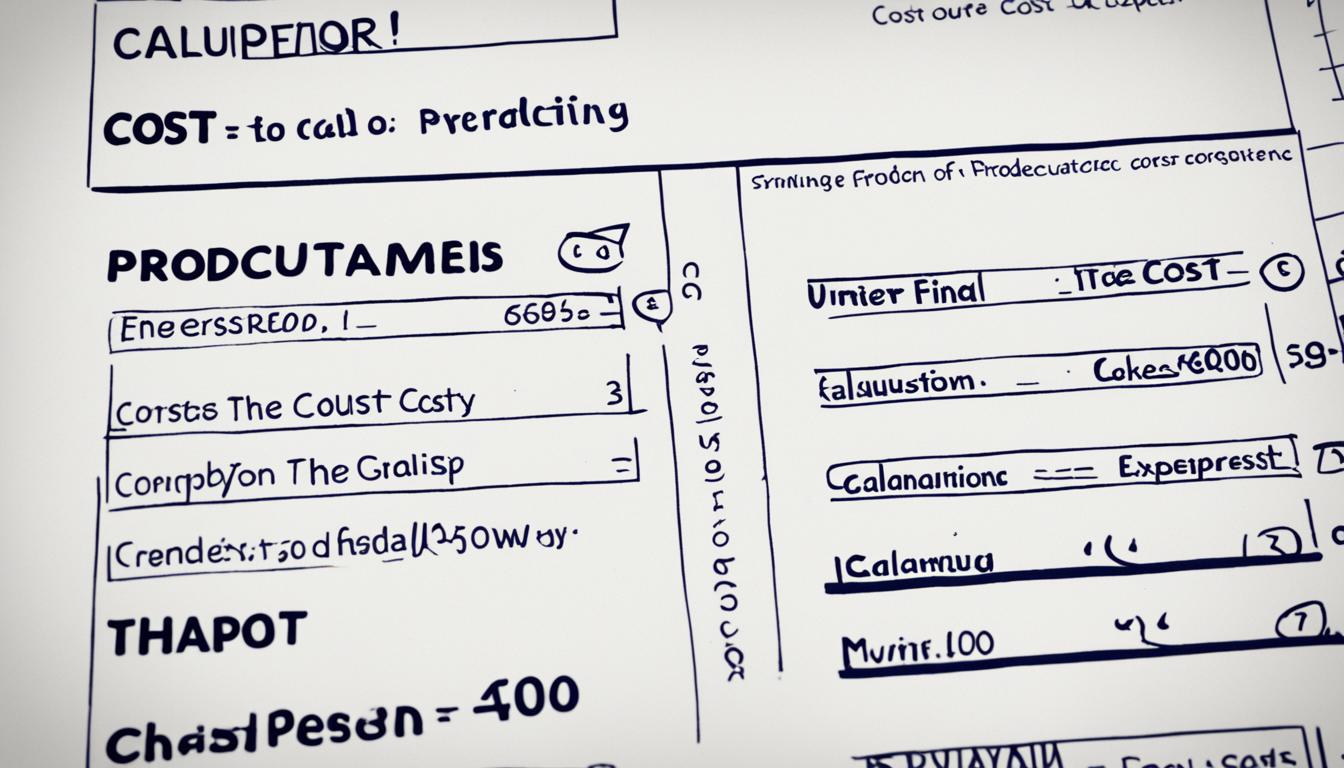Digital marketing is a vast landscape with numerous strategies and techniques to drive online success. Two popular methods that businesses often use are content marketing and PPC (pay-per-click) advertising. Both approaches have their strengths and can be effective in achieving specific goals. In this complete guide, we will explore the differences between content marketing and PPC, their advantages and disadvantages, and how they can be combined to optimize your digital marketing strategy.
Content marketing is an organic approach that focuses on creating valuable and relevant content to attract and engage an audience. It involves producing blog posts, articles, videos, podcasts, and other forms of content that provide value to your target audience. Through content marketing, businesses aim to increase their online visibility, establish authority, and build relationships with their audience.
On the other hand, PPC advertising is a paid advertising method where businesses bid on keywords and pay a fee for each click on their ads. This approach guarantees immediate visibility in search engine results, allowing businesses to target specific keywords, demographics, and geographic locations. PPC can be effective in driving targeted traffic to your website and generating leads and conversions.
So, which one is better for your business? It depends on your goals, budget, and target audience. Content marketing is a long-term strategy that requires consistent content creation and optimization. It can help you generate organic traffic, build brand awareness, and establish thought leadership. PPC, on the other hand, can provide quick visibility and immediate results, making it suitable for short-term campaigns or when you need to boost your online presence rapidly.
Key Takeaways:
- Content marketing focuses on creating valuable and relevant content to attract and engage an audience.
- PPC advertising guarantees immediate visibility but requires a budget for each click on your ads.
- Content marketing is a long-term strategy for generating organic traffic and building brand authority.
- PPC is suitable for short-term campaigns or when immediate visibility is needed.
- Combining content marketing and PPC can help optimize your digital marketing strategy and achieve the best results.
Pros and Cons of Content Marketing
Content marketing has several advantages and disadvantages to consider. On the positive side, content marketing can lead to a higher return on investment (ROI) in the long term. Businesses that adopt content marketing can experience website conversion rates that are almost 6 times higher compared to those that don’t. Additionally, on-page content created through content marketing efforts is highly effective for SEO, helping businesses improve their search engine rankings and visibility. Branded content, which aligns with a business’s brand identity, is also considered more effective than traditional advertising methods, as it resonates better with the target audience.
However, it is important to note that content marketing takes time to produce results. It requires consistent effort, with businesses needing to build momentum over several months before seeing a significant return. Content marketing also comes with upfront costs, as businesses need to invest in content creation and distribution. Moreover, finding qualified writers and content creators can be a challenge for some businesses, leading to a potential bottleneck in content production.
Despite these challenges, content agencies can help businesses overcome these hurdles. These agencies have a pool of qualified writers and content creators who specialize in different industries and topics. By collaborating with content agencies, businesses can access a network of talented individuals who can create high-quality content tailored to their specific needs.
Pros and Cons of PPC
PPC (Pay-Per-Click) advertising is a popular digital marketing strategy that offers unique advantages and disadvantages for businesses. Let’s explore the pros and cons of utilizing PPC as part of your marketing campaigns.
Pros of PPC:
- Immediate Visibility: PPC allows businesses to place ads at the top of search engine results, providing instant visibility to their target audience.
- Quick Traffic Generation: With PPC, businesses can drive traffic to their websites and generate leads and sales in a short period of time.
- Targeted Reach: PPC campaigns can be tailored to reach specific audiences based on factors such as location, interests, and search history, ensuring ads are displayed to the right people.
- Top Ad Placement: PPC ads often appear at the top of search engine results, increasing the likelihood of clicks and visibility.
Cons of PPC:
- Costly Long-term Strategy: PPC can become a costly long-term strategy as businesses are charged for each click on their ads. Once the budget is exhausted, visibility disappears.
- Bidding Process: Competing for ad placement in PPC requires a bidding process, which means businesses may need to outbid competitors to secure top positions.
- Industry-Specific Costs: The cost-per-click (CPC) for PPC varies across industries. Certain industries with higher competition may have higher costs associated with each click.
- Visibility Disappearance: Once the allotted budget for PPC ads is reached, the ads cease to appear, leading to a sudden disappearance of visibility.
When considering PPC as part of your digital marketing strategy, it is important to weigh these pros and cons against your specific business goals and resources. While PPC offers immediate visibility and quick traffic generation, it can also be a costly long-term strategy. Analyzing industry-specific costs and potential ROI is crucial in making an informed decision about incorporating PPC into your marketing efforts.
Content Marketing vs PPC: The Winner Depends on the Situation
The choice between content marketing and PPC depends on the specific situation and goals of a business. Each strategy offers unique advantages that can be leveraged to maximize digital marketing efforts.
Content Marketing: Building Stable Content Assets
Content marketing focuses on creating valuable and relevant content to attract organic traffic and generate quality leads. It is a long-term strategy that requires time to build momentum and achieve a return on investment. By consistently producing high-quality content, businesses can establish themselves as industry leaders and nurture incoming traffic over time.
One of the key benefits of content marketing is its ability to create stable content assets. Well-written blog posts, whitepapers, and e-books have the potential to rank highly in organic search results and continue generating traffic and leads long after they’re published.
Additionally, content marketing allows businesses to showcase their expertise and provide value to their audience. By offering valuable insights and resources, businesses can establish trust and credibility, which can lead to increased customer loyalty and brand affinity.
PPC: Targeted Visibility and Immediate Power
PPC, on the other hand, offers immediate visibility and can be effective in driving targeted traffic to a website. It is a short-term strategy that allows businesses to quickly increase their visibility and reach a specific audience.
The immediate power of PPC lies in placing ads at the top of search engine results, ensuring that businesses are seen by potential customers right away. This targeted visibility can lead to higher click-through rates and conversions, especially for time-sensitive promotions or seasonal campaigns.
Moreover, PPC offers flexibility in campaign management. Businesses can adjust their ad targeting, bidding strategies, and budgets as needed to optimize performance and achieve their desired results.
Combining Content Marketing and PPC: Maximizing the Benefits
While content marketing and PPC have their own strengths, they can also complement each other to maximize results. By combining the two strategies, businesses can enjoy the best of both worlds: the long-term benefits of content marketing and the targeted visibility and immediate results of PPC.
Content marketing lays the foundation for long-term success by producing valuable content assets that attract organic traffic and generate quality leads. PPC, on the other hand, can amplify the reach and visibility of that content, especially during promotional periods or when businesses need to increase their visibility quickly.
For example, businesses can leverage PPC to drive traffic to their blog posts or landing pages, increasing the chances of lead generation and conversion. They can also use PPC to test the performance and reception of their content, allowing them to optimize their content marketing strategy based on real-time data and insights.
By combining content marketing and PPC, businesses can nurture incoming traffic, maximize their digital marketing efforts, and achieve their specific marketing goals.
| Content Marketing | PPC | |
|---|---|---|
| Strategy Focus | Long-term | Short-term |
| Result Timeframe | Months to see ROI | Immediate visibility |
| Main Benefit | Stable content assets | Targeted visibility |
| Cost | Upfront costs | Variable based on ad spend |
| Efficiency | Nurturing incoming traffic | Immediate power for targeted campaigns |
The Long-Term Benefits of Content Marketing
Content marketing offers businesses a range of long-term benefits that can contribute to their success. By implementing effective content marketing strategies, businesses can improve their organic search results, leading to higher web traffic over time. Well-ranked content continues to generate traffic and leads long after its initial publication, thanks to the compounding effect. This sustained traffic and lead generation can result in a higher return on investment (ROI) compared to other marketing methods.
In addition to driving traffic and improving ROI, content marketing also enhances a business’s search engine optimization (SEO) efforts. By consistently creating and publishing high-quality content, businesses can improve their website’s visibility, rankings, and credibility in search engine results pages (SERPs). This improved SEO can lead to higher web traffic and better exposure to potential customers.
One of the advantages of content marketing is its ability to attract better quality leads. When businesses create valuable and relevant content, they organically attract an audience that is genuinely interested in their offerings. This audience is more likely to engage with the content, convert into customers, and contribute to the business’s growth.
Moreover, content marketing serves as a powerful tool for increasing brand awareness and association with high-quality content. When businesses consistently deliver valuable information and solutions through their content, they establish themselves as industry authorities. This association with quality content makes businesses more memorable to customers when they are ready to make purchasing decisions, increasing the likelihood of choosing these businesses over competitors.
As businesses focus on long-term results, content marketing proves to be an invaluable strategy. It not only drives traffic and rankings, but also compounding results that generate higher ROI. Additionally, it improves SEO, increases web traffic, attracts better quality leads, and enhances brand awareness. By investing in content marketing, businesses set themselves up for long-term success in the ever-evolving digital landscape.
The Immediate Impact of PPC Advertising
PPC advertising provides businesses with a quick traffic generation strategy that delivers immediate results. With PPC campaigns, businesses can generate targeted traffic to their website in a short period of time. This is especially beneficial for businesses that need to increase their online visibility quickly.
One of the key advantages of PPC advertising is the flexibility it offers. Businesses can adjust and optimize their PPC campaigns as needed to ensure maximum effectiveness. For example, they can modify keywords, ad copy, and bidding strategies to improve performance and reach their target audience more effectively.
PPC also offers targeted reach, allowing businesses to display their ads to specific audiences based on their location, interests, and search history. This targeted approach reduces wasted ad spend by ensuring that ads are seen by people who are most likely to be interested in the products or services being offered.
Another advantage of PPC advertising is the potential for higher conversion rates. Ads can be optimized to target customers who are actively searching for products or services and are in the buying cycle. This increases the likelihood of driving conversions and achieving the desired outcomes.
However, it is important to note that PPC advertising requires a budget and can be a costly long-term strategy if not managed effectively. Businesses need to carefully monitor their campaigns, track performance metrics, and make adjustments to optimize their return on investment.
Benefits of PPC Advertising
- Quick traffic generation
- Flexible campaigns that can be adjusted and optimized
- Targeted reach to specific audiences
- Potential for higher conversion rates
- Reduced wasted ad spend
| PPC Benefits | PPC Considerations |
|---|---|
| Quick traffic generation | Requires a budget |
| Flexible campaigns that can be adjusted and optimized | Can be a costly long-term strategy |
| Targeted reach to specific audiences | Requires monitoring and optimization |
| Potential for higher conversion rates | Performance metrics tracking is necessary |
| Reduced wasted ad spend |
The Value of Content Marketing and PPC Working Together
Content marketing and PPC are not mutually exclusive, but rather complementary strategies that can work together to drive engagement and conversions. By improving organic search results through content marketing, businesses can reduce their reliance on PPC and save on advertising costs. PPC, on the other hand, can drive targeted traffic to content and help businesses test and optimize their marketing strategies. PPC can also be used to promote content specifically designed for lead generation, such as white papers or webinars. Together, content marketing and PPC can increase brand awareness, generate leads, and drive sales.
One of the main advantages of combining content marketing and PPC is the opportunity to improve organic search results. Content marketing focuses on creating valuable and relevant content that attracts organic traffic and improves search engine rankings. By consistently producing high-quality content, businesses can increase their visibility on search engine results pages (SERPs) and drive more targeted traffic to their website.
With improved organic search results, businesses can reduce their reliance on PPC and allocate their budget more strategically. By driving organic traffic through content marketing, businesses can reduce their PPC budget while still maintaining a steady flow of targeted traffic to their website. This not only saves on advertising costs but also allows businesses to allocate their budget to other marketing initiatives.
On the other hand, PPC can play a valuable role in driving targeted traffic to content and helping businesses test and optimize their marketing strategies. PPC offers precise targeting options, allowing businesses to reach specific audiences based on demographics, interests, and search intent. By driving targeted traffic to content, businesses can increase engagement, capture leads, and nurture them towards conversion.
To make the most of the combination of content marketing and PPC, businesses can leverage PPC campaigns to promote content designed specifically for lead generation. For example, white papers, ebooks, or webinars can be used as gated content, requiring visitors to provide their contact information in exchange for access. This approach helps businesses generate leads, which can then be nurtured through targeted content marketing efforts.
Testing and optimization are also key benefits of using content marketing and PPC together. PPC campaigns provide businesses with real-time data and insights into consumer behavior, which can be used to optimize content marketing strategies. By analyzing PPC data, businesses can gain valuable insights into keywords, ad copy, and landing page performance, enabling them to refine their content marketing efforts and increase their chances of success.
In addition to lead generation and optimization benefits, content marketing and PPC working together can also contribute to brand awareness. When businesses consistently produce high-quality content and combine it with targeted PPC campaigns, they increase their brand visibility and association with valuable information. This helps in building brand awareness and positioning the business as a thought leader in the industry.
To summarize, content marketing and PPC are complementary strategies that can enhance each other’s effectiveness when used together. Content marketing improves organic search results, reduces reliance on PPC, and drives targeted traffic to the website. PPC, on the other hand, drives targeted traffic to content, provides valuable insights for optimization, and helps generate leads. Together, they can increase brand awareness, generate leads, and drive sales. By strategically aligning and integrating these two strategies, businesses can maximize their digital marketing efforts and achieve their goals.
Content Marketing Vs PPC: Finding the Right Balance
In the battle of content marketing vs PPC, it is important to find the right balance that works for your business. Content marketing is a strategic marketing approach that focuses on creating valuable and relevant content to attract and retain an audience. By consistently delivering high-quality content that addresses the needs and interests of your target audience, you can build brand credibility, establish thought leadership, and drive engagement and conversion rates.
Content marketing is a cost-effective long-term solution that can yield significant returns on investment (ROI) over time. Instead of relying on paid advertising, businesses can leverage the power of valuable content to organically attract and nurture leads, resulting in higher quality conversions and better customer retention.
On the other hand, PPC (Pay Per Click) is a short-term solution that relies on paid advertising to quickly drive traffic and conversions. By bidding on relevant keywords, businesses can achieve immediate visibility and targeted reach. PPC can be a valuable tool for businesses looking to generate quick traffic and conversions, especially when they need to boost their online presence during specific campaigns or promotions.
However, when it comes to finding the right marketing strategy for your business, it’s not about choosing one over the other. The key is to strike a balance between content marketing and PPC that aligns with your specific goals and resources.
By combining content marketing and PPC, businesses can optimize their digital marketing efforts. Content marketing lays the foundation for long-term success through valuable and relevant content creation, while PPC provides targeted visibility and immediate results.
Here’s a breakdown of how the two strategies complement each other:
- Content marketing provides a cost-effective approach to attract and retain an audience, driving long-term engagement and conversion rates.
- PPC offers a short-term solution for targeted visibility, generating quick traffic and conversions when businesses need immediate results.
- Optimization of content marketing efforts can improve organic search rankings, leading to reduced reliance on PPC and saving on advertising costs.
- PPC can be used to drive targeted traffic to content pieces, helping businesses test and optimize their content marketing strategies.
Benefits of Finding the Right Balance
When content marketing and PPC are properly balanced, businesses can reap the following benefits:
- Engagement and Conversion: Content marketing engages and nurtures the audience, leading to higher engagement and conversion rates over time. PPC complements this by driving targeted traffic and conversions, especially during specific campaigns.
- Cost-Effectiveness: Content marketing is a cost-effective long-term solution as it focuses on organic growth. PPC can be strategically used for short-term targeted visibility, optimizing the use of advertising resources.
- Optimization: Balancing content marketing and PPC allows businesses to continually optimize their digital marketing strategy based on data and insights from both strategies. This provides a holistic approach to improving marketing performance and achieving business goals.
Image:

Conclusion
In conclusion, when it comes to digital marketing strategies, both content marketing and PPC have their own unique advantages and can drive results when used strategically.
Content marketing offers long-term benefits, such as improved organic search results, higher web traffic, and better quality leads. Although it requires upfront costs and takes time to build momentum, the return on investment (ROI) can be significant. By consistently creating valuable and relevant content, businesses can attract and engage their target audience, ultimately driving traffic and generating leads.
On the other hand, PPC provides immediate impact and targeted visibility. It is a quick way to generate traffic and can be adjusted and optimized as needed. With PPC, businesses can take advantage of the bidding process to ensure top ad placement and reach specific audiences based on location, interests, and search history. However, it is important to manage PPC campaigns effectively to avoid unnecessary costs and achieve the desired results.
By combining content marketing and PPC, businesses can maximize their digital marketing efforts. Content marketing lays the foundation for long-term success, while PPC provides targeted visibility and immediate results. Finding the right balance between these two strategies is key to optimizing your digital marketing strategy and achieving the best results. By doing so, businesses can increase brand visibility, generate leads, and drive sales effectively.
FAQ
What is content marketing?
Content marketing is a strategic approach that focuses on creating valuable and relevant content to attract and retain an audience.
How does content marketing compare to PPC?
Content marketing is a cost-effective long-term solution that can drive engagement and conversion rates, while PPC is a short-term solution that relies on paid advertising to drive traffic and conversions.
What are the advantages of content marketing?
Content marketing offers long-term benefits such as improved organic search results, higher web traffic, and better quality leads. It also increases brand awareness and association with high-quality content.
What are the disadvantages of content marketing?
Content marketing takes time to produce results and requires upfront costs. It can also be challenging to find qualified writers and content creators.
What are the advantages of PPC?
PPC offers immediate visibility and can be a quick way to generate traffic and leads. It also provides targeted reach and has the potential for higher conversion rates.
What are the disadvantages of PPC?
PPC can be a costly long-term strategy, as businesses are charged for each click on their ads. Once the budget runs out, the visibility disappears. The cost-per-click for PPC also varies across industries.
Which strategy should I choose, content marketing or PPC?
The choice between content marketing and PPC depends on the specific situation and goals of a business. Content marketing is more suitable for long-term strategies, while PPC offers immediate visibility. However, both strategies can work together to maximize digital marketing efforts.
How can content marketing and PPC work together?
By combining content marketing and PPC, businesses can improve their organic search results, reduce their reliance on PPC, and save on advertising costs. PPC can also be used to promote content specifically designed for lead generation.
What is the right balance between content marketing and PPC?
Finding the right balance depends on your business goals and resources. Content marketing should be the foundation for long-term success, while PPC can provide targeted visibility and immediate results when needed.





